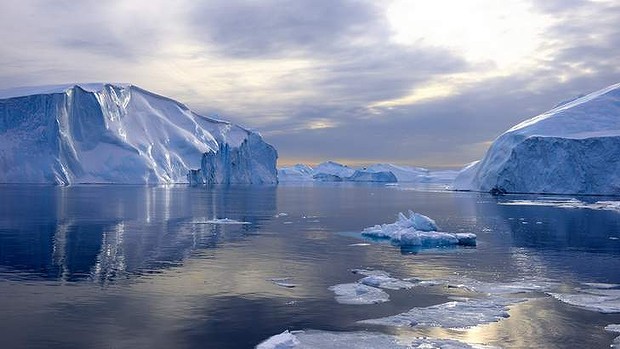WTF ...143
From the air, the mighty Greenland ice sheet looks magnificent, stretching as far as the eye can see – a vast, visual symphony of white ice and innumerable blue-green lakes sparkling in the summer sun and covering 80 per cent of the world’s largest island.
It appears immortal. But it doesn’t take long after we land to be reminded that Greenland is on the frontline of global climate change.
The evidence is everywhere. We see it in the first couple of hours when we drive up to the enormous 30-metre-high face of the ice sheet – the largest in the northern hemisphere – and listen to our Greenlandic guide describe how he’s seen it shrink visibly over the past decade.

Five other places to visit Before they disappear
THE MALDIVES
The entire country is less than 2.5 metres above sea level and could be under water within 100 years if the ocean continues rising at its present rate.
THE DEAD SEA
The world’s saltiest lake is rapidly disappearing. This may be because the freshwater rivers that feed it are now being diverted for human needs.
VENICE
Yes, of course, it’s been sinking for centuries. But each year the water levels rise. This is particularly noticeable when there is a full moon and Venetians don their waterproof boots.
BORDEAUX
The Napa Valley, the Chianti region, Marlborough, the Barossa Valley, or any vineyard destination in the world: two degrees can make the difference between a good vintage and failed restaurants, B&Bs and towns.
GREAT BARRIER REEF
Australia’s greatest natural tourist attraction usually tops the list of world wonders under threat. So see it while it is still home to 1500 fish species, 400 types of hard coral and a third of the world’s soft corals.
Read more: http://www.smh.com.au/travel/activity/cruises/see-the-worlds-biggest-island-now-20140903-3esn1.html#ixzz3CVdFctGc
While you are visiting these places, Say a hearty thank you to all the oil companies that will not promote renewable energy ..
